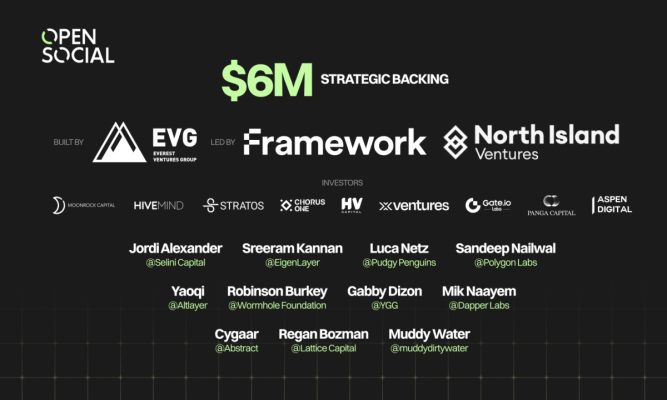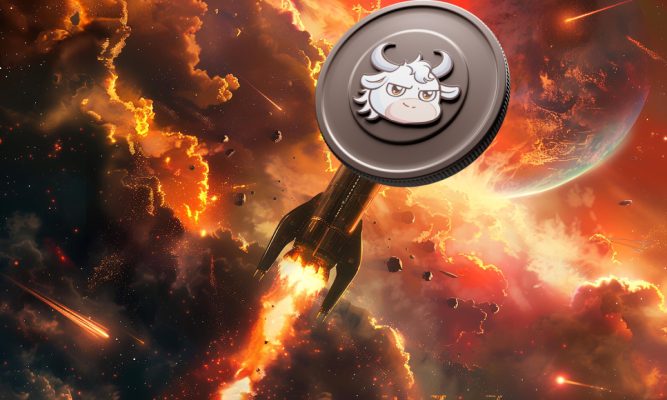Contrary to popular belief, non-fungible tokens (NFTs) are far more valuable than cool-looking pictures or pieces of artwork. They have evolved into something worth so much more thanks to the introduction of utilities.
With such a crowded space, it’s imperative that NFT creators find a way to stand out, which is why utilities were created. These unique functions provide users value beyond the primary function of a non-fungible token. Yes, NFTs are unique in nature and cannot be replicated. Yes, they are great keepsakes and can be used as digital collectibles. With utilities, however, they can also provide value through rewards and holder privileges that would otherwise be impossible to access.
In fact, NFTs that offer utility are far more likely to sell out than their non-utility counterparts. There are three main ways utilities contribute to a project’s success: they offer uniqueness, exclusivity, and are value-oriented.
Uniqueness
NFTs are unique by nature, but utilities add a level of uniqueness that helps differentiate them from other projects. Like the marketing approach of any iconic brand (for example, Nike, Apple, or Starbucks), finding a way to stand out from competitors is vital.
- If you want to buy a reliable pair of shoes, where do you go?
- Who provides the best cellular devices?
- Who is your go-to for the most delectable coffee?
There is a similar concept emerging with NFTs. Projects have begun inventing new and creative ways to add value and functionality to their tokens. Projects such as Crypto Baristas give NFT holders discounts for their future café locations, their online store, and merchandise.
Other projects have begun including features ranging from exclusive access to unique takes on dividends. Ultimately, these benefits aim to help projects differentiate themselves from others. But this can also mean providing a big advantage for their holders as well.
If you want to get access to the best online and in-store coffee discounts, what do you do? Perhaps, in the future, people might respond with, “go buy an NFT from Crypto Baristas!”
Exclusivity
Some NFT projects use exclusivity to stand out. We’re talking about memberships and exclusive access to private events, which are great ways to provide limited access.
Projects like RHUE Resorts provide a luxury adventure resort that is only accessible through purchasing an NFT membership. They also have offerings that allow interested parties to purchase homes and condos. Not only does this project offer a level of exclusivity to members, but it also provides value to purchasers by saving them time.
Other projects, such as DNNR, want to create a completely unique dining experience for NFT holders. These tokens operate as a virtual dining club membership that provides access to extra amenities at partnered restaurants. This could include meet-the-chef, exclusive menu options, and VIP treatment.
Using smart contracts, NFTs essentially take out the middleman (e.g., attorneys) and extra paperwork associated with buying a home, condo, or membership. Best of all, ownership is in perpetuity. No annual renewal process is required.
Value-oriented
Utility-oriented NFTs work to provide value to users in one way or the other. Whether it be through discounts or exclusive access, value is inherent to a utility NFT. This is especially relevant as these assets are typically purchased with a one-time fee but can then provide value and services in perpetuity.
This makes them incredibly powerful when used in conjunction with a membership-type utility.
In fact, some projects have decided to offer value by using profit sharing as a core part of their operations. The NFT collection, Women We Love, shares a percentage of secondary market sales with its royalty NFT holders. Their offering has been much anticipated and even caught the eye of celebrities like Paris Hilton, Beyonce, and Michelle Obama.
Other projects that have been around for a while now see the value of utility NFTs as well. Take Bored Ape Yacht Club, for example. When the project started, it was nothing more than a bank of NFT images. The project now provides access to exclusive events and rewards through utility NFTs.
Technical functionality
Non-fungible tokens have also introduced some unique technical capabilities as well. Like any other cryptocurrency, an NFT typically just sits in your wallet, waiting to be sold or shown off. But the GameFi industry is showing entirely new use cases by incorporating these tokens into games.
One example is Axie Infinity, one of the biggest blockchain games. The game uses NFTs as playable characters. These characters (or “Axies”) have unique stats, abilities, and even looks. Players have to own Axies to play the game, creating an interesting market around the buying and selling of these characters.
Like any utility, these technical functions require a system to be built to support them. However, as more developers get involved in blockchain technology, we’ve begun to see some exciting new innovations offering unique experiences.
Utility NFTs: Where are they going?
The concept of NFT utilities is still in its infancy, but projects (both new and old) will likely continue to use them for innovation. This isn’t just limited to projects that originate on a blockchain. Think much bigger. Eventually, NFT utilities could be used for season passes to sports events, waterparks, etc. They could be used as healthcare cards or even replace paper coupons altogether.
Their possibilities are truly endless. So, where are NFT utilities going? We’re going to say UP.


